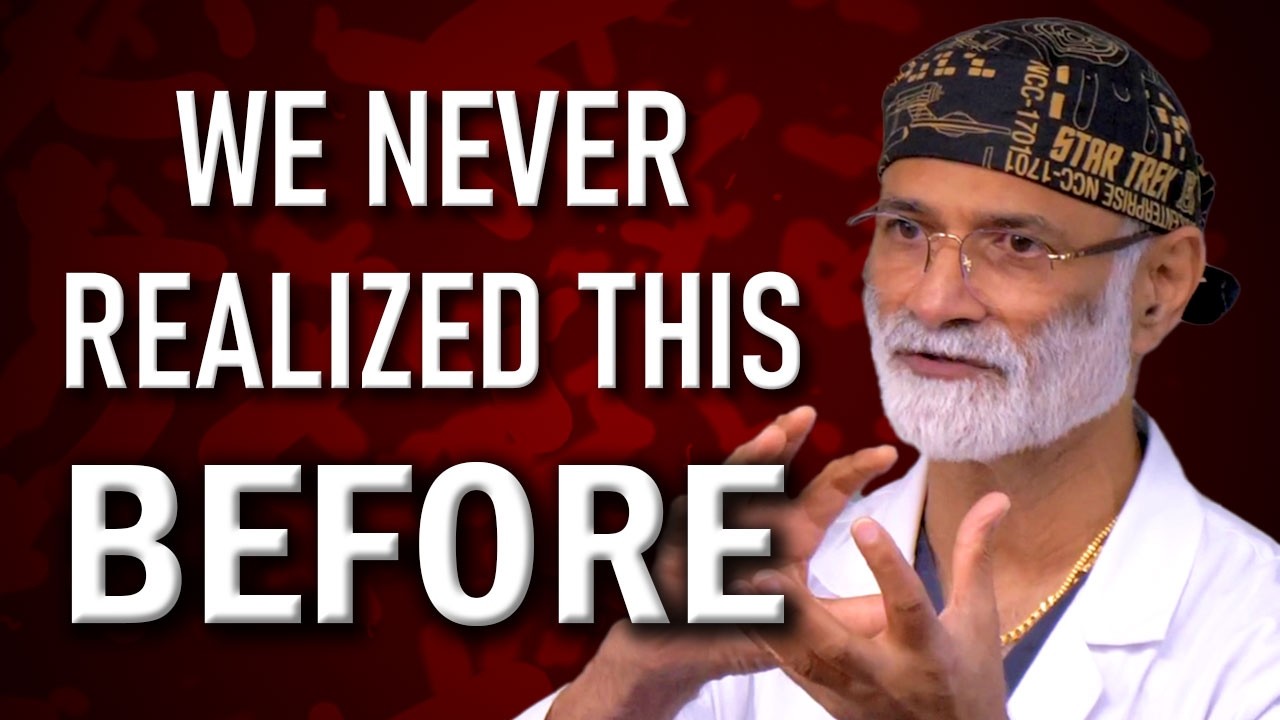- The gut microbiome’s influence extends beyond digestion, affecting various bodily systems.
- Gut health plays a crucial role in metabolism, impacting insulin sensitivity and metabolic disease.
- Diet and lifestyle significantly affect gut microbiota, contributing to overall health.
- Understanding the gut-brain axis elucidates the gut’s influence on mental health and cognitive function.
- Promoting a healthy gut involves specific dietary choices and lifestyle changes.
The intricate ecosystem within our gut, teeming with trillions of bacteria, viruses, and fungi, plays a pivotal role in maintaining our health. Home to this diverse microbial community, the gut microbiome’s influence stretches beyond mere digestion, affecting numerous bodily functions from immune response to mental health. Advances in research illustrate the profound impact of these microorganisms on systems that might appear unconnected at first glance.
Gut health is foundational to metabolic processes, impacting insulin sensitivity and metabolic diseases like diabetes and obesity. The gut microbiome affects the way our bodies respond to insulin, the hormone responsible for regulating blood glucose levels. When the balance of good and bad bacteria in the gut is disturbed, it may lead to increased inflammation, which can disrupt insulin signaling. This disruption is often linked to insulin resistance, a precursor to various metabolic disorders. Maintaining a healthy gut could thus be influential in managing and potentially preventing such conditions.
Diet and lifestyle have emerged as significant determinants of gut microbiota composition. Consuming a diet rich in fiber, fruits, and vegetables promotes the growth of beneficial bacteria. Foods like whole grains, nuts, and fermented products such as yogurt and kefir supply probiotics and prebiotics that sustain healthy microbiota. Conversely, diets high in processed foods and sugars can encourage harmful bacteria, throwing the gut flora out of balance. Lifestyle behaviors like physical activity and stress management also exert considerable influence on gut health. Regular exercise boosts the diversity of gut bacteria, while stress can negatively alter microbial populations, compromising the gut’s integrity.
Exploring the gut-brain axis unveils the significant link between the gut microbiome and mental health. This bidirectional communication between the gut and the brain can influence mood, behavior, and cognitive function. Studies suggest that certain gut bacteria produce neurotransmitters similar to those in the human brain, potentially impacting mood disorders like anxiety and depression. A healthy gut may therefore support effective mental functioning and emotional resilience, highlighting a crucial aspect of the gut’s influence often overlooked.
Promoting gut health necessitates a holistic approach that includes informed dietary choices and lifestyle modifications. Increasing the intake of foods that nourish the gut microbiota is key. This involves not only consuming probiotics and prebiotics but also ensuring a well-rounded and balanced diet that minimizes the consumption of processed foods. Hydration and adequate sleep further fortify the gut, enhancing overall health. Supplements may aid gut health but should be used thoughtfully and ideally in consultation with a healthcare professional to suit individual needs.
Ultimately, our understanding of gut health underscores its far-reaching influence on multiple aspects of wellness, advocating for increased attention in how we nurture this critical part of our biology. The symbiotic relationship between humans and their gut microbiota offers pathways to improved health outcomes across physical, mental, and metabolic dimensions. Acknowledging and incorporating these insights into daily habits can enhance our wellbeing, making the case for gut health as a focal point in health discussions.
*****
Source Description
In this lecture, you will learn about your symbiotic relationship between your physiology, and the hundred trillion bacteria inside your intestines, which appeared to control your thoughts, emotions, sleep, inflammation, fatty liver, insulin resistance, arthrosclerosis, obesity, and this is just a shortlist.
Remember that my videos are not a substitute for individualized medical care by a qualified physician. Always consult your physicians before making any diet, nutrition, medication, or lifestyle changes.
Chapters
0:00 Introduction
0:43 Everyone has a unique microbiome
2:49 Understanding the effect of the microbiome on our health
10:49 Gut Lining Diagram and Explanation
16:45 How this creates fatty livers
20:43 The immune system and LDL particles
29:16 The relationship of the immune system, LDL, and Heart Disease
37:36 How what we eat effects the microbiome
44:42 Understanding pre and post biotics
59:57 How a bad microbiome creates inflammation and other health problems
1:09:30 How your microbiome effects the vagus nerve
1:13:01 Conclusion
Q&A
1:13:53 How do Parasites relate to all of this?
1:14:37 What are your thoughts on flaxseed?
1:15:21 What are your thoughts on fecal transplants?
1:17:40 Can damaged cells in the gut repair themselves?
1:18:23 Why isn’t the research you and others doing in the field of medicine more prevenient in society?
1:19:58 You mentioned herbs that can be good for SIBO, what are those?
1:20:51 Why do you prefer Kefir over Yogurt?
1:21:13 Can you explain more about fruit and their effects?
1:22:29 Can you explain more about insulin monitoring?
1:25:27 What can be done to help a child’s microbiome diversity?
1:26:40 What are your thoughts on the carnivore diet?
1:28:50 What about raw vegetables like carrots and bell peppers?
1:29:24 Are you using AI in your practice? What treatment can be done for a fatty liver?
Other videos in this series:
Vagus Nerve Hacks – https://youtu.be/irn3cFHmK-Y
How to Fast for Different Goals – https://youtu.be/qIcSIC_IjfM
AGEs: The Surprising Link Between our Diet and Aging – https://youtu.be/rGD1BYD6N2Y
Evolution of Cardiac Diagnostics: A New Era with AI-Powered FFR-CT – https://youtu.be/buzfmeTpyCw
More coming soon! Make sure you subscribe!
https://www.youtube.com/channel/UCOtQHehGWtblMp1gZC8Kq3Q?sub_confirmation=1
My other videos:
Reversing Diabetes – The Roles Medication and Diet Play – https://youtu.be/mWNygxUPNsA
Vitamin K2: The Surprising Benefits From Your Heart to Your Bones – https://www.youtube.com/watch?v=z3njgh2nFRk
Exposing the links between Calcium, Vitamin K2, and Plaque Buildup in Blood Vessels – https://www.youtube.com/watch?v=D_UJaEZe9gg
Best and Worst Breakfast Foods – https://youtu.be/uAJ6-X3ESS4
What Eating Processed Flour and Vegetable Seed Oils Really Does to You – https://youtu.be/gVsxe9v72C0
Lunch and Dinner | The Meats and Vegetables you Should be Eating and Avoiding – https://youtu.be/pCQovPrsM2k
What is a Coronary Calcium Score? – https://youtu.be/NYkW2vxyioc
What is a CT Angiogram (CTA) of the Heart? – https://youtu.be/uHpN1FQ-Hvo
What is Cardioversion? – https://youtu.be/yb-srtyEOuY
What is a Leadless Pacemaker? – https://youtu.be/2CYZbeYSvVE
What is Right Heart Catheterization? – https://youtu.be/2hy05-dM-lM
What is a Heart Attack? – https://youtu.be/lPzT62_b4Ko
Heart Attack Treatment – https://youtu.be/N0vFV3wOGPU
What is a Kraft Test? – https://youtu.be/SxS2AayOHmo
What is an Echocardiogram? – https://youtu.be/DZ3G8P0L_sM
Monitoring Heart Failure with CardioMEMS – https://youtu.be/A35IsJxs6mw
Why your Cardiac Examination is Incomplete – https://youtu.be/Rzb5r8FXpRU
Reverse High Blood Pressure by Treating its Root Cause – https://youtu.be/yaf1swrS1_c
Past lectures:
How Fasting and Diet can Prevent Heart Disease – https://www.youtube.com/watch?v=0wXWEdipBEg
“Fasting for Survival” – https://youtu.be/watch?v=RuOvn4UqznU
Addiction: Why You Can’t Fast or Keep a Diet – https://youtu.be/kN83jppeI7Q
“The Fat Lies” – https://youtu.be/4Uqj35nHB0g
“The Bittersweet Truth” – https://youtu.be/AbR1QwJwwpo
Social Links:
https://www.facebook.com/orlandocvi
https://www.instagram.com/pradipjamnadasmd/
https://www.facebook.com/pradipjamnadasmd/
About Dr. Pradip Jamnadas, MD, MBBS, FACC, FSCAI, FCCP, FACP
The founder and Chief Medical Officer of Cardiovascular Interventions, P.A. in Orlando Florida where, since 1990, he has been repeatedly recognized in local publications as a Top Doctor performing thousands of interventional procedures in hospital and out patient settings. As a consultant cardiologist with a large diversified inpatient and outpatient practice he is noted for his passions for teaching and illuminating prevention for cardiovascular disease . He is also a clinical assistant professor of medicine at The Florida State University and University of Central Florida.


